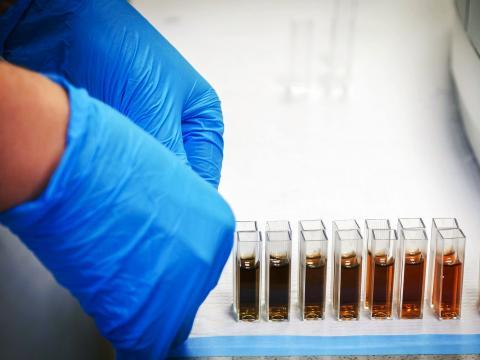
Date: Friday 20th of June at 12:30-13:30 in Askja, Room 131
Title: Epigenetics, genetics and adaptation in naturally diverging populations
Speaker: Dr. Irene Adrian-Kalchhauser is a professor at the University of Bern, Institute of Infectious disease and pathology.
The abstact:
Epigenetic mechanisms such as DNA methylation (DNAme) are thought to comprise an invaluable adaptive toolkit during early stages of adaptation, especially when genetic diversity is constrained. However, the link between genetic diversity and DNAme has been scarcely examined in natural populations, despite its potential to shed light on the evolutionary forces acting on methylation state. In the seminar, dr Adrian-Kalchhauser will present results from marine and freshwater stickleback populations that suggest increased epigenetic variance is likely to precede genetic diversification in a site- and mutation-specific manner, raising questions about the predictability of sequence evolution based on epigenetic variation. She will also share current research on transgenerational thermal acclimation in zebrafish, with a focus on the role of maternal RNA, and on an effort to take a peek into the variability and variance of parental contributions upon stress: is there epigenetic bet hedging? Finally, Adrian-Kalchhauser will take some time to provide an overview about work beyond epigenetics at the Institute of Fish and Wildlife Health: a single cell perspective on trout cellular immunity, crayfish host-pathogen genomics, and a novel avian trypanosomiasis threatening swallow populations in Switzerland.
This seminar is hosted jointly by the Biology laboratory of the Institute of Life- and Environmental Sciences, and the Biomedical Center, both at the University of Iceland.
